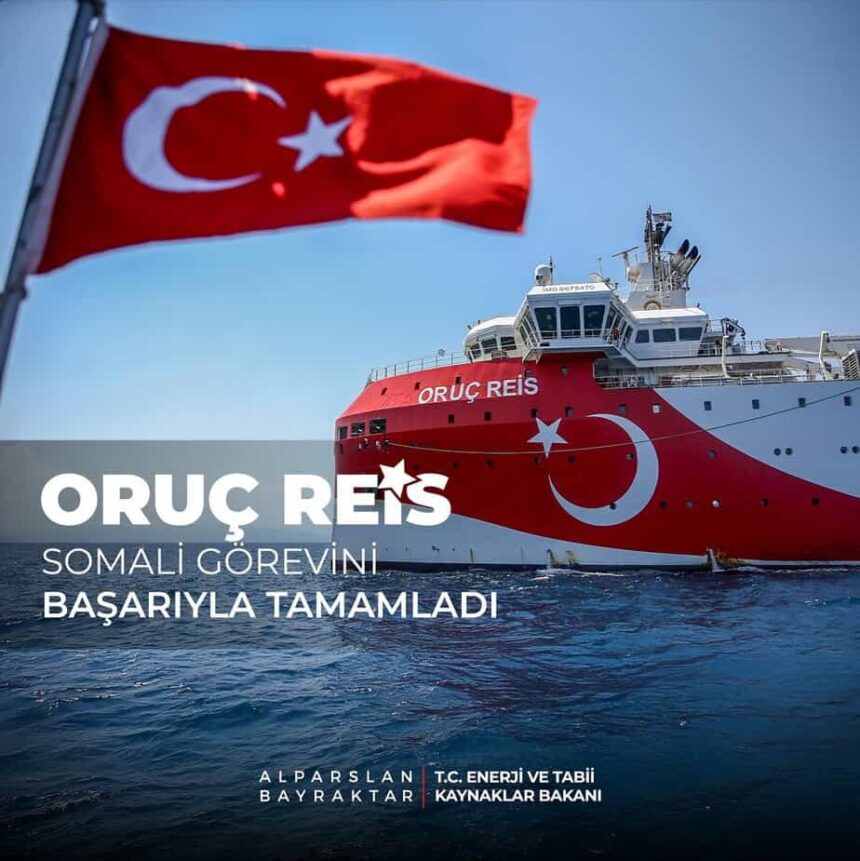Mogadishu, Somalia – Somalia, long seen as an untapped frontier, is re-emerging on the global energy stage with the potential to become a significant player in the oil and gas sector. Recent reports and ongoing exploration activities, backed by a new legal framework, are highlighting the vast hydrocarbon reserves that could fundamentally transform the nation’s economy.
The story of Somalia’s oil potential is one of early promise followed by decades of civil war and instability. Initial interest from international oil companies (IOCs) began as early as the 1920s, with geological studies and surveys pointing to vast, thick sedimentary rock formations, both onshore and offshore. Major exploration efforts commenced in the 1950s and peaked in the 1980s, driven by geological similarities to the oil-rich basins of Yemen. Companies like Shell, ExxonMobil, BP, and Chevron all held extensive concession agreements and conducted a number of surveys and exploratory drilling.
However, when the civil war erupted in 1991, all exploration activities ceased. The IOCs declared “force majeure,” a legal clause allowing them to suspend their obligations due to uncontrollable circumstances, and all operations were halted. The legacy of this period is a scattered collection of geological data, with key information held by various international firms, making a unified assessment a challenge for the current government.
Modern seismic surveys and geological studies have reignited interest in Somalia’s potential. Researchers estimate the country may hold as much as 30 billion barrels of recoverable oil and gas reserves. A significant portion of this potential, approximately 11 billion barrels, is believed to lie in offshore blocks along the Indian Ocean. Somalia’s offshore geology is particularly promising, with surveys revealing structures comparable to the highly productive basins in Mozambique and Tanzania.
In an effort to unlock this potential, the Somali government has taken a proactive approach. In recent years, the Turkish Petroleum Corporation (TPAO) signed an agreement to conduct 3D seismic surveys across three offshore blocks, with exploratory drilling expected to follow. To attract further investment, the Minister of Petroleum and Mineral Resources, Dahir Shire Mohamed, recently led a delegation to the International Meeting for Applied Geoscience and Energy (IMAGE) in Houston, where he invited international partners to explore Somalia’s vast resources.
Recognizing the need for a transparent and stable regulatory environment, Somalia has worked to establish a modern legal framework for its petroleum sector. The passage of the Petroleum Law in 2020 was a landmark achievement. This law clarifies the ownership of natural resources, establishes the Somali Petroleum Authority (SPA) to regulate the industry, and outlines a revenue-sharing framework between the Federal Government and the Federal Member States.
The law and subsequent agreements ensure that the benefits of any future resource development are distributed equitably across the country. The revenue-sharing model allocates 55% of the proceeds to the federal budget, 25% to the regional budget, 10% to the local government where production occurs, and 10% to non-petroleum producing states. This framework is designed to prevent the “resource curse” often seen in countries with vast mineral wealth and is a key step toward building trust among different political entities.
Despite the immense potential, the path to commercial production is fraught with challenges. Political stability remains the paramount concern for international investors. The need for a cohesive and secure environment, both in Mogadishu and in the regions, is critical for long-term projects that can take years to develop.
Furthermore, geopolitical issues, such as the long-standing maritime border dispute with Kenya, have been a significant hurdle. While the International Court of Justice (ICJ) ruled in Somalia’s favor in 2021, the issue continues to affect regional diplomacy.
The government’s strategy is to overcome these hurdles by actively engaging with international partners, ensuring regulatory clarity, and committing to transparency and accountability. By placing seasoned diplomats and technocrats in key roles and showcasing the nation’s readiness for investment, Somalia is working to turn its potential into a tangible reality, with the hope that its untapped resources can finally serve as a catalyst for lasting peace and prosperity.
Article by Abdullahi Rush





